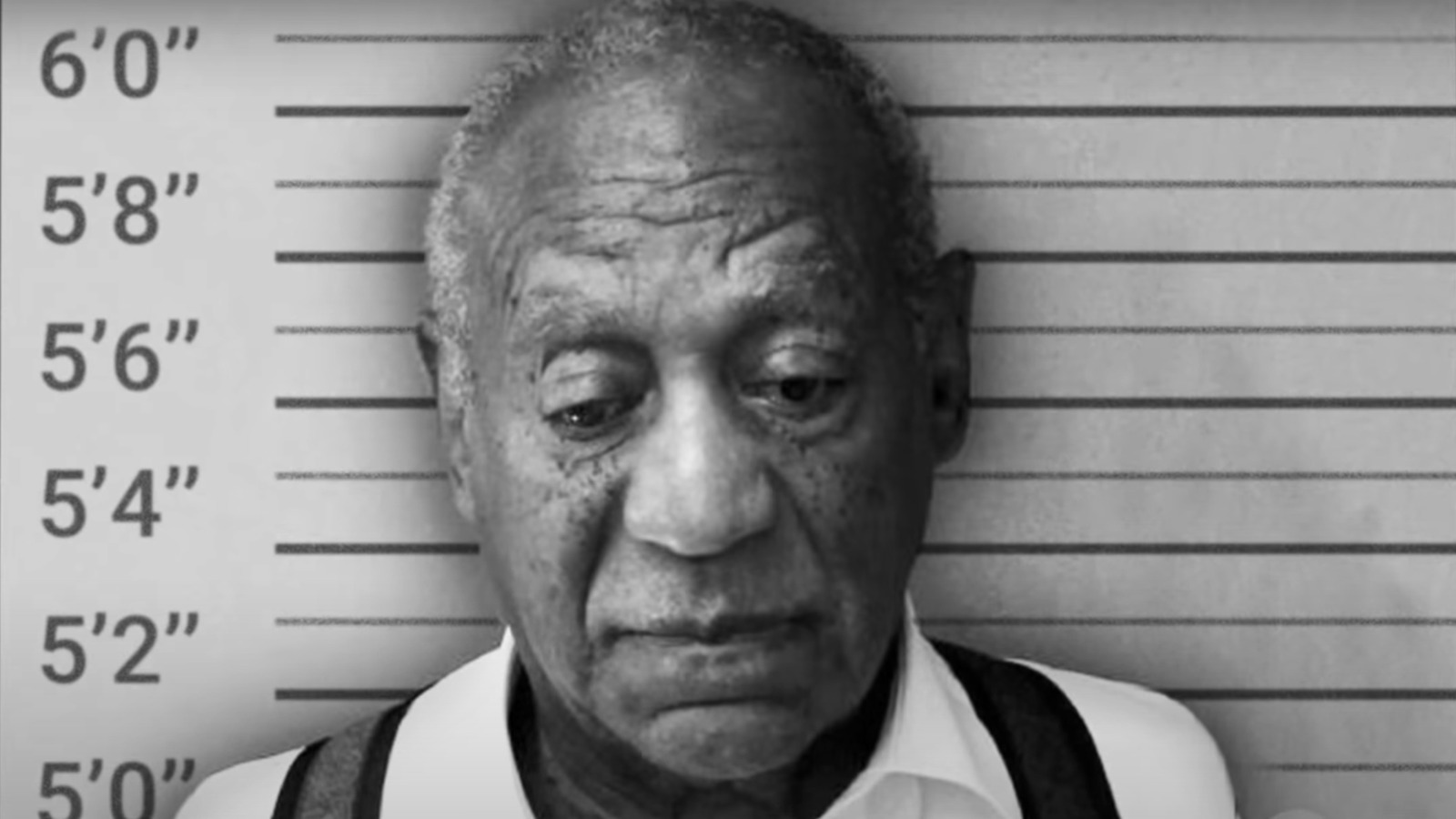
- Festivals
“We Need To Talk About Cosby” – But Do We?
The answer is a resounding yes. Even if we get uncomfortable. And there are a variety of reasons that we do and that we should. Kamau Bell’s four-part documentary answers as many questions as it raises reasons to continue the discussion. Not only about the man but the much larger topics that need to keep being addressed. In this, it is as vitally important as any documentary about a ‘scandal’ that dominated the mainstream media and fed sensationalism while being in the headlines but never dug deep enough to turn the conversation into anything that could possibly affect societal change.
Sundance has been a leader among festivals in premiering documentaries that deal with controversy. In 2019, the two that stood out were Leaving Neverland which told the stories of two men who claim that Michael Jackson sexually abused them as young boys, and Untouchable, which tracked the downfall of former industry heavyweight Harvey Weinstein. In 2020, On the Record detailed sexual misconduct and abuse allegations against millionaire music mogul Russell Simmons, co-founder of Def Jam Records. It created additional controversy when one of its executive producers, Oprah Winfrey, pulled her support and a distribution deal allegedly over her friendship with the film’s subject, prompting a firestorm among his victims. In 2015, On the Record producer Amy Ziering and director Kirby Dick dealt with a similar subject in The Hunting Ground, about the continued prevalence of sexual assault on college campuses, another Sundance world premiere.
What all of these films have in common is, of course, the subject matter. Even before the rise of the MeToo movement, victims began to tell their stories of sexual abuse reaching as far back as decades. The movement has handed them more power to act, more freedom to speak out, and more chance of criminal investigation and prosecution. When you think you know all about a perpetrator or a case from watching the news, think again. TV news is an industry dominated by soundbites and opinions. There is no time or even interest in delving deeper. That’s what documentaries are for.
Kamau Bell did a commendable job of balancing seemingly opposite parts of the man and the story, of race and crimes that affected women across all color lines. Filmed with guests and victims, commentators and advocates, he manages to paint a complex picture of Bill Cosby and the dichotomy between his public persona and the man behind the Coke and the smile. As one of his guests, Kierna Mayo, former editor-in-chief of Ebony magazine, says: “It’s like Cosby was leaving breadcrumbs throughout his career, pointing to his guilty conscience.” Two other guests, both comedians, refer to his early comedy albums where he continually joked about Spanish Fly, an aphrodisiac popular in the 1960s and 70s, and about dropping it into women’s drinks. He also kept bringing up the joke in early interviews, and the accompanying smiles and sneers look more than creepy in hindsight. It becomes glaringly obvious that Cosby was “telling on himself” as stand-up comic Chris Spencer says in the film. Years later, when Cosby played his most famous part, Cliff Huxtable, and became ‘America’s Dad’ in The Cosby Show, beloved by viewers of all colors, he incorporated another – looking back – creepy joke about BBQ sauce as a love potion into the storyline. The director even poses the question of whether Cosby’s large donations to Spellman, a black liberal arts college for women, is a subconscious attempt to atone for his sins.
The man who is seen as the pioneer for black comedy and the advocate not just for comedians of color but a creator of various jobs across the industry, from stuntmen to PAs, actors to writers as early as the 1960s, has been accused by more than 60 women who all tell the exact same story about his MO of drugging and raping them. Bell interweaves their voices in a linear timeline with the culture and society of the different eras. He also does not shy away from criticism of the enablers without pointing fingers but by simply recalling facts: there is no doubting that Cosby saved a failing network in the 1980s with his show that was watched by 65 million people. (In comparison, the highest-rated episode of the hit series The Big Bang Theory was 25 million). There is also no doubt that the same network and its former CEO completely ignored the already persistent rape allegations against him when they signed him to a similar show in 2015, stating later when – under pressure – the plans for it were canceled, that “I didn’t think it was a problem until it became critical.”
In the final episode, when the doc deals with the allegations and the trial, the filmmakers get thrown for a loop by Cosby’s sudden release from prison. Kamau Bell handles it with honesty, editing his reaction that was originally filmed as a behind-the-scenes part, or so it seemed at least, into the piece.
Overall, he brings up the age-old question of whether we can separate the artist from the art. He never points the finger and always leaves room for viewers to make up their minds all while presenting facts. But his biggest achievement is that no one who watches it can shake off the bigger discussion, the one that will move the conversation forward and hopefully, eventually lead to not only more just laws and protection for victims but to a real and true change in society.

